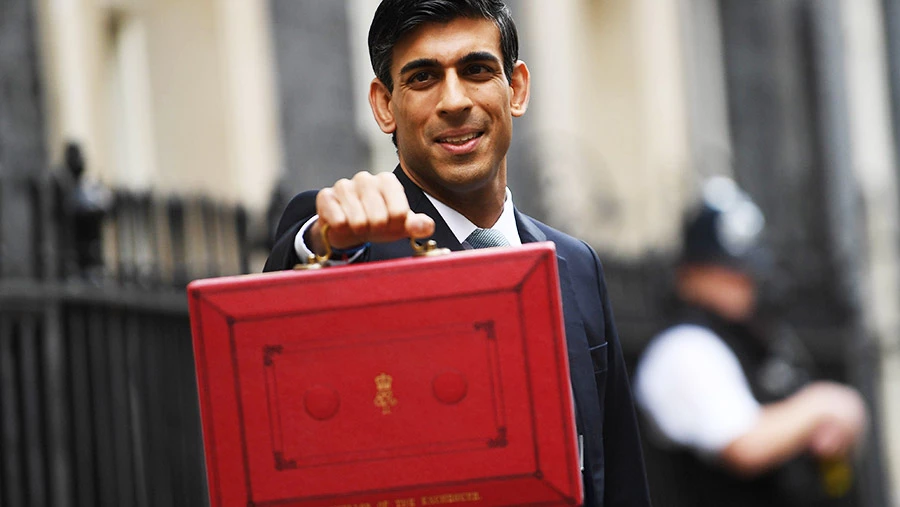
Partner Article
A capital idea for tax?
With the UK still in lockdown, and time ticking away to March’s Budget announcements, thought has turned to what measures may be set to be announced by Chancellor Rishi Sunak, in order to begin balancing the UK’s finances. PSG Wealth Management MD, Paul Gilsenan, examines the discussion around Capital Gains Tax changes and the impacts it could have on businesses and individuals.
At the end of 2020 the Office of Tax Simplification (OTS) published the first of two expected reports of recommendations to simplify Capital Gains Tax (CGT) and increase HMRC revenue. The report outlined three primary recommendations:
- Combining Capital Gains Tax and Income Tax rates
- Slashing the exemption
- Inheritance Tax overlap
Let’s examine each in a little more detail…
Combining CGT and Income Tax rates could have a huge impact on business owners in particular. Currently, basic-rate taxpayers pay 10% CGT on assets and 18% on property, while higher-rate taxpayers are charged 20% on assets and 28% on property. These rates are considerably lower than Income Tax, which is charged at rates of 20%, 40% and 45%.
Although it is important to stress that no decision has been made, a straightforward alignment could see some of those who currently qualify for Business Asset Disposal Relief facing a CGT rise from 10% to 45%.
There are ways for entrepreneurs to work with such rates, from partial sales to changing remuneration strategies but both require careful planning pre-Budget.
Slashing the exemption is another recommendation made within the report, with a suggestion of reducing the annual CGT exemption from the £12,300 of 2020/21 tax year to around £5,000. It also recommends abolishing Business Asset Disposal Relief and Investors’ Relief which it feels is failing to act as the incentive for investment for which it was intended.
This recommendation is particularly relevant to those considering a business exit in the near future, or currently undertaking one, completion before any CGT changes would be a deft move.
The report also considers the benefits of an Inheritance Tax overlap with CGT, meaning that where a relief or exemption from Inheritance Tax applies, the government should consider removing the capital gains uplift on death. This would mean that the person inheriting the asset is treated as acquiring the assets at the historic base cost of the person who has died.
Whether these measures are taken up in March’s Budget remains to be seen however, as always, the best way to manage changes in tax is with robust planning and advice for the long-term.
The levels and bases of taxation, and reliefs from taxation, can change at any time and are dependent on individual circumstances.
This was posted in Bdaily's Members' News section by PSG Wealth Management Ltd .
Enjoy the read? Get Bdaily delivered.
Sign up to receive our popular morning National email for free.








 Raising the bar to boost North East growth
Raising the bar to boost North East growth
 Navigating the messy middle of business growth
Navigating the messy middle of business growth
 We must make it easier to hire young people
We must make it easier to hire young people
 Why community-based care is key to NHS' future
Why community-based care is key to NHS' future
 Culture, confidence and creativity in the North East
Culture, confidence and creativity in the North East
 Putting in the groundwork to boost skills
Putting in the groundwork to boost skills
 £100,000 milestone drives forward STEM work
£100,000 milestone drives forward STEM work
 Restoring confidence for the economic road ahead
Restoring confidence for the economic road ahead
 Ready to scale? Buy-and-build offers opportunity
Ready to scale? Buy-and-build offers opportunity
 When will our regional economy grow?
When will our regional economy grow?
 Creating a thriving North East construction sector
Creating a thriving North East construction sector
 Why investors are still backing the North East
Why investors are still backing the North East